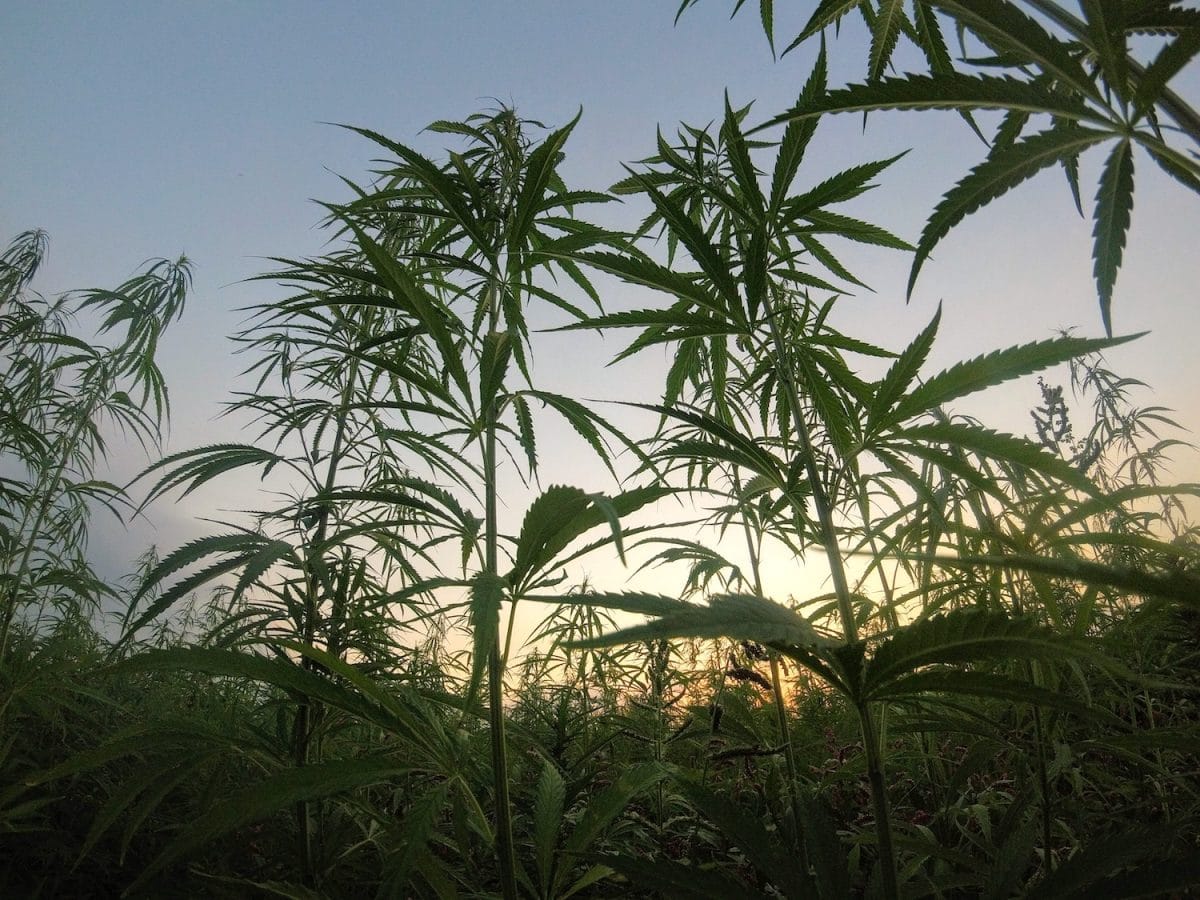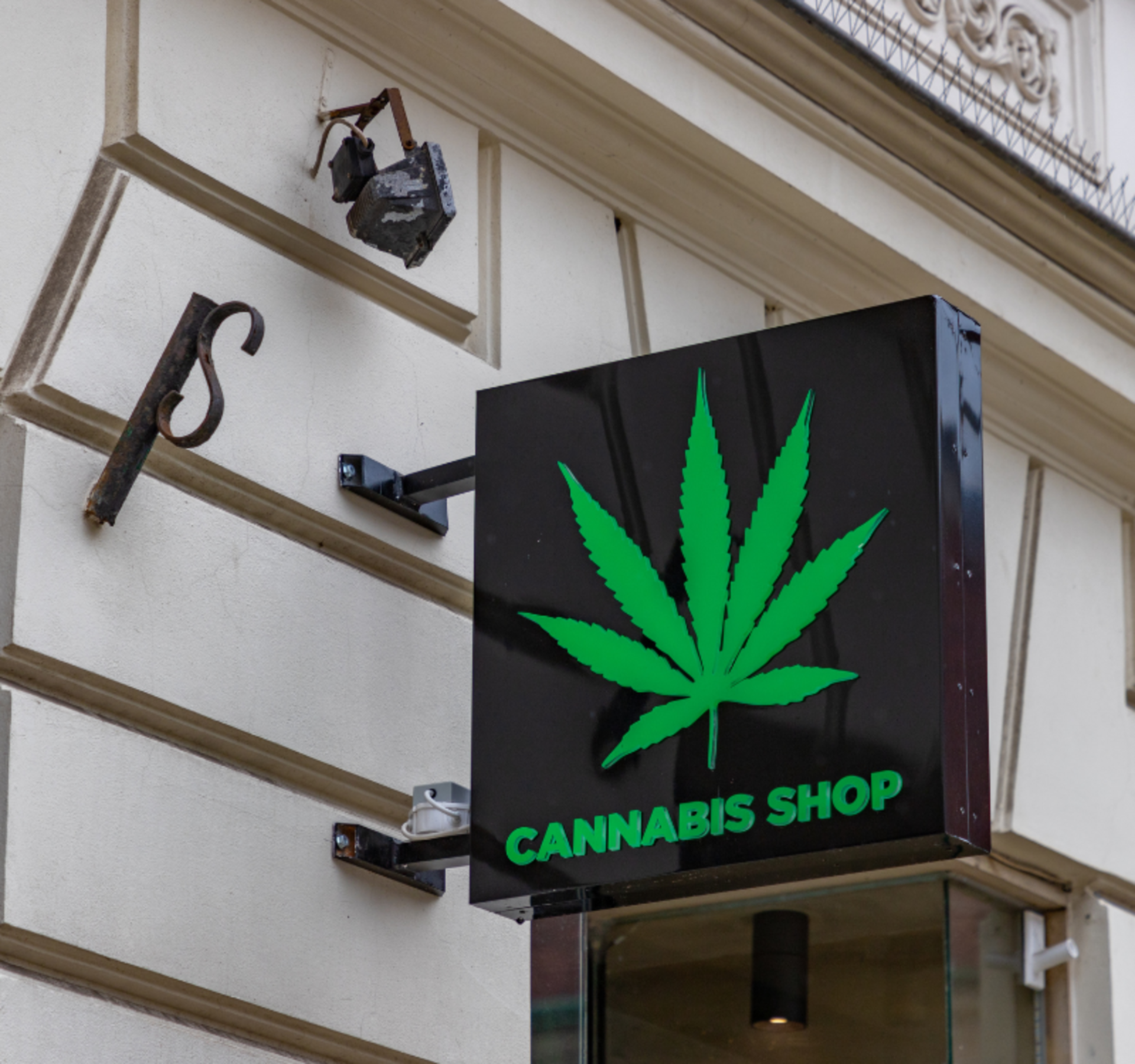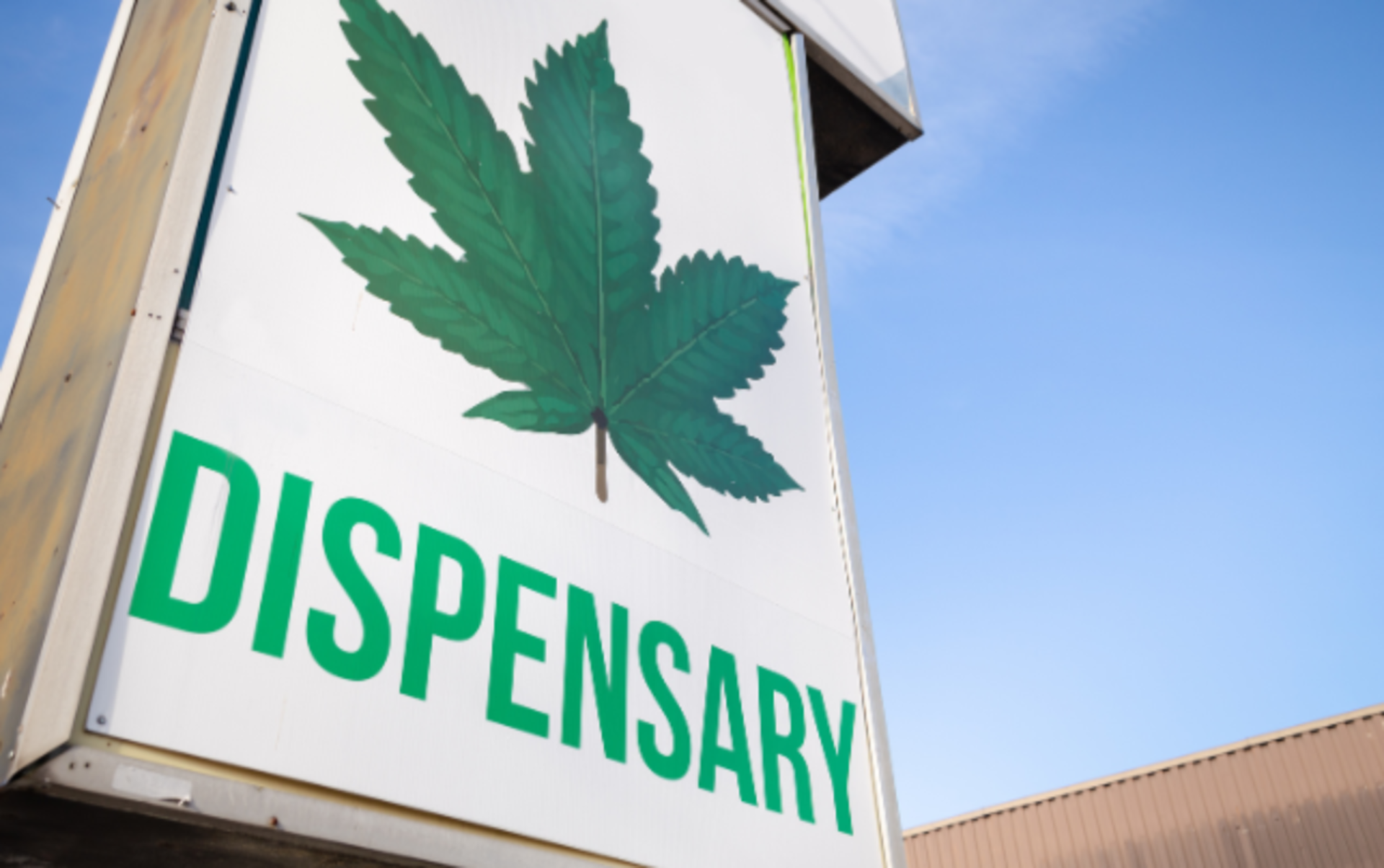
Domestic Hemp Production: Our Summary of the USDA's Interim Final Rule
Rules and regulations for domestic hemp production are coming into focus, with the USDA taking a key next step toward finalizing hemp production regulations for U.S. states and Indian tribes.
On October 31, 2019, the United States Department of Agriculture (USDA) filed its Interim Final Rule (IFR or Rule) for regulations establishing a domestic hemp production program which is effective immediately upon publication. Much of the rule outlines provisions for the USDA to approve plans submitted by states and Indian tribes for the domestic production of hemp.
The public can comment on the rule for 60 days following October 31 and, after taking comments into account, the USDA will publish a Final Rule within two years.
So far, according to the IFR, state and tribal plans for domestic hemp production must address the following requirements:
Hemp Production Land Use Tracking
Plans must gather and maintain information on where hemp production is occurring, including a legal description of the land and GPS location for each field, greenhouse, or other production site. This data must be retained for 3 years and will also be shared with the USDA Farm Services Agency (FSA) to create a nationwide hemp production identification system.
Sampling and Testing of Hemp
State and tribal plans must incorporate procedures for sampling and testing plants to ensure the hemp grown and harvested does not exceed the acceptable delta-9 tetrahydrocannabinol (THC) level of 0.3%. Samples must be physically collected and delivered to a Drug Enforcement Agency (DEA)-registered laboratory for testing.
Within 15 days prior to an anticipated harvest, a Federal, State, local, or Tribal law enforcement agency or other Federal, State, or Tribal designee shall collect samples from the flower material from hemp plants for testing. The USDA is allowing testing facilities to report the percentage of THC as a range within a "Measurement of Uncertainty," which is similar to a margin of error. As long as the range includes 0.3% or below, the sample will be considered hemp. Otherwise, the sample is considered marijuana and must be destroyed.
Destruction of Non-Compliant Plants
State plans must have a procedure for disposing of non-compliant plants, but it must be done by someone authorized under the Controlled Substance Act to handle marijuana, such as a DEA-registered reverse distributor or other authorized law enforcement officer.
Liability of Hemp Producers
The rule states that hemp producers will not be considered to have committed a negligent violation if they produce plants over the acceptable THC limit if: (1) they use reasonable efforts to grow hemp (defined by the state or tribal plan) and (2) the plant does not contain more than 0.5% THC on a dry weight basis. Even if the producer is not considered negligent, he or she will be required to dispose of non-compliant plants.
Ineligibility Clarification for Felons
The 2018 Farm Bill stated that a person with a state or federal felony conviction relating to a controlled substance is subject to a 10-year ineligibility restriction on producing hemp. The USDA rule clarifies that this only applies to "key participants," which are defined as any individual who has a direct or indirect financial interest in the business entity, such as an owner or partner, and does not include shift managers or field workers.
Interstate Transportation of Hemp
This rule confirms the intent of the 2018 Farm Bill to prohibit a state from interfering with the interstate transportation of hemp. This gives farmers access to nationwide markets, though there have been issues at the local law enforcement level in some states when producers have attempted to transport hemp over state lines.
This rule opens the door for a state to submit its plan to the USDA for approval or amend its proposed plan if already submitted. It appears to be the intent of the USDA to approve these state and tribal plans quickly enough that producers can participate in the 2020 growing season.





